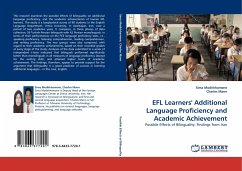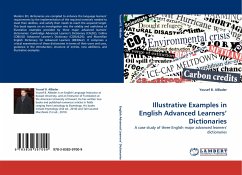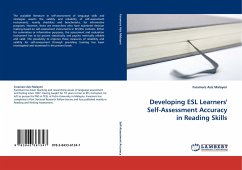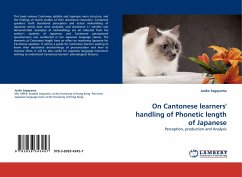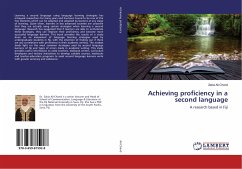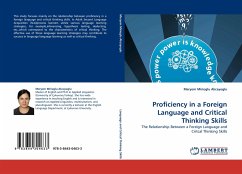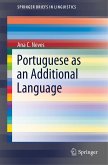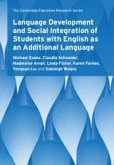This research examines the possible effects of bilinguality on additional language proficiency, and the academic achievements of Iranian EFL learners. The study is a longitudinal survey of 98 students in the English Language Department, Urmia University, in Azerbaijan, Iran, over a period of two academic years. It compares, in three phases of data collection, 56 Turkish-Persian bilinguals with 42 Persian monolinguals, in terms of their performances on the FCE language proficiency tests, i.e., speaking proficiency, listening comprehension, reading comprehension, and writing proficiency. The two groups were also compared, with regard to their academic achievements, based on their recorded grades at every stage of the study. Analyses of the data submitted to a series of independent t-tests indicated that bilinguals performed significantly better than monolinguals in all measures of language proficiency (except for the writing skill), and attained higher levels of academic achievement. The findings, therefore, appear to provide support for the argument that bilinguality is a good predictor of success in learning additional languages in this case, English.

